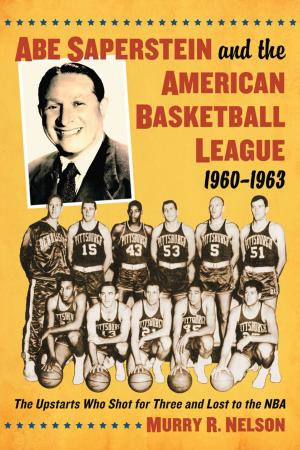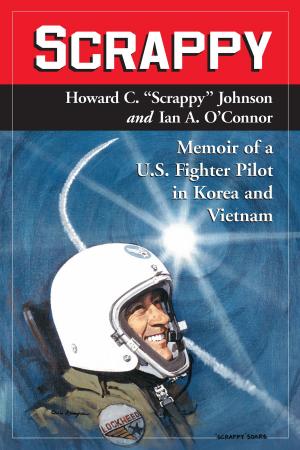The CCC Chronicles
Camp Newspapers of the Civilian Conservation Corps, 1933-1942
Nonfiction, Reference & Language, Language Arts, Journalism, History, Americas, United States| Author: | Alfred Emile Cornebise | ISBN: | 9780786427086 |
| Publisher: | McFarland & Company, Inc., Publishers | Publication: | December 31, 2003 |
| Imprint: | Language: | English |
| Author: | Alfred Emile Cornebise |
| ISBN: | 9780786427086 |
| Publisher: | McFarland & Company, Inc., Publishers |
| Publication: | December 31, 2003 |
| Imprint: | |
| Language: | English |
When Franklin Delano Roosevelt founded the Civilian Conservation Corps in 1933, newspapers relating to the organization were launched almost immediately. Happy Days, the semi-official newspaper of the CCC, and other such publications served as soundings boards for opinions among the CCC enrollees, encouraged and instructed the men as they assumed their new roles, and generally supported the aims of Roosevelt’s New Deal program. Happy Days also encouraged and instructed editors in the production of camp newspapers—well over 5,000 were published by almost 3,000 of the CCC companies from 1933 to 1942. This book considers all phases of life in the CCC throughout its existence from various perspectives, and analyzes the history of CCC camp journalism. As the author points out, the CCC newspapers were and still are significant because they provide readers with a look at American life—socially, politically, culturally and militarily—during the Great Depression. It also focuses on how Happy Days and other newspapers were created and distributed, who wrote for them, and what they contained.
When Franklin Delano Roosevelt founded the Civilian Conservation Corps in 1933, newspapers relating to the organization were launched almost immediately. Happy Days, the semi-official newspaper of the CCC, and other such publications served as soundings boards for opinions among the CCC enrollees, encouraged and instructed the men as they assumed their new roles, and generally supported the aims of Roosevelt’s New Deal program. Happy Days also encouraged and instructed editors in the production of camp newspapers—well over 5,000 were published by almost 3,000 of the CCC companies from 1933 to 1942. This book considers all phases of life in the CCC throughout its existence from various perspectives, and analyzes the history of CCC camp journalism. As the author points out, the CCC newspapers were and still are significant because they provide readers with a look at American life—socially, politically, culturally and militarily—during the Great Depression. It also focuses on how Happy Days and other newspapers were created and distributed, who wrote for them, and what they contained.















